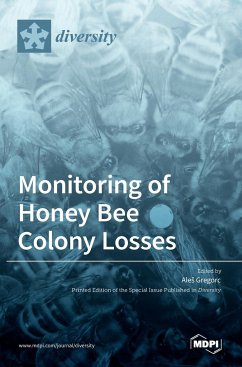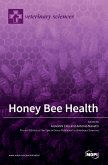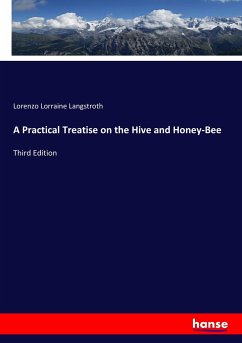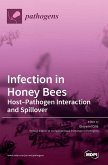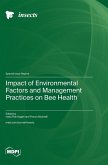In recent decades, independent national and international research programs have revealed possible reasons behind the death of managed honey bee colonies worldwide. Such losses are not due to a single factor, but instead are due to highly complex interactions between various internal and external influences, including pests, pathogens, honey bee stock diversity, and environmental changes. Reduced honey bee vitality and nutrition, exposure to agrochemicals, and the quality of colony management contribute to reduced colony survival in beekeeping operations. Our Special Issue (SI) on ''Monitoring of Honey Bee Colony Losses" aims to address the specific challenges that honey bee researchers and beekeepers face. This SI includes four reviews, with one being a meta-analysis that identifies gaps in the current and future directions for research into honey bee colonies' mortalities. Other review articles include studies regarding the impact of numerous factors on honey bee mortality, including external abiotic factors (e.g., winter conditions and colony management) as well as biotic factors such as attacks by Vespa velutina and Varroa destructor.
Hinweis: Dieser Artikel kann nur an eine deutsche Lieferadresse ausgeliefert werden.
Hinweis: Dieser Artikel kann nur an eine deutsche Lieferadresse ausgeliefert werden.

